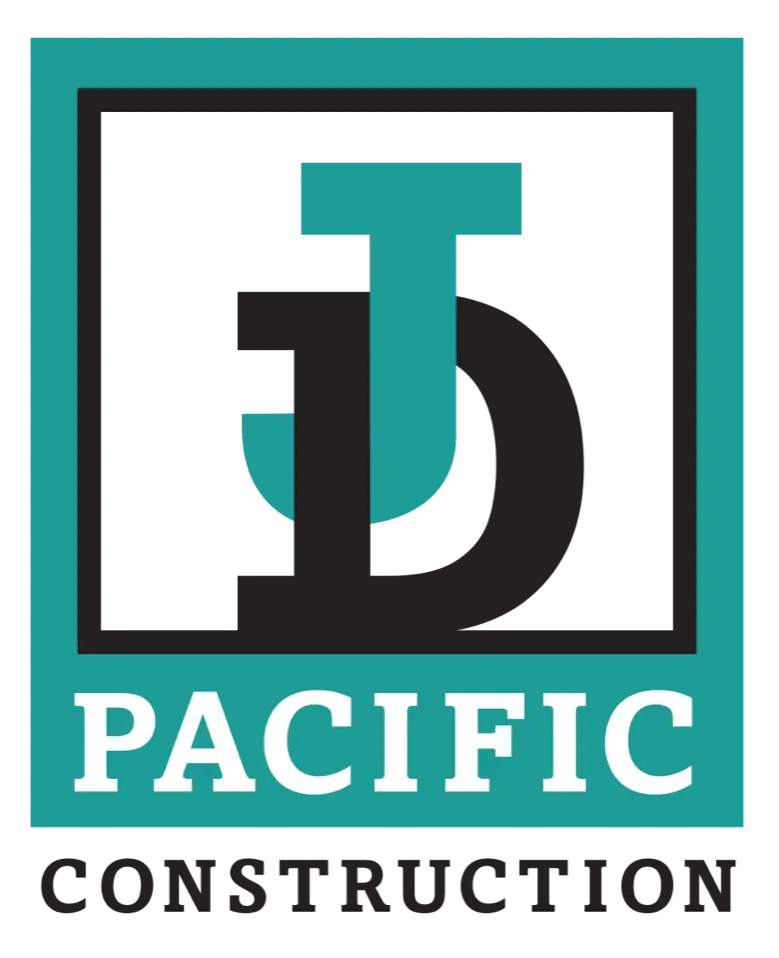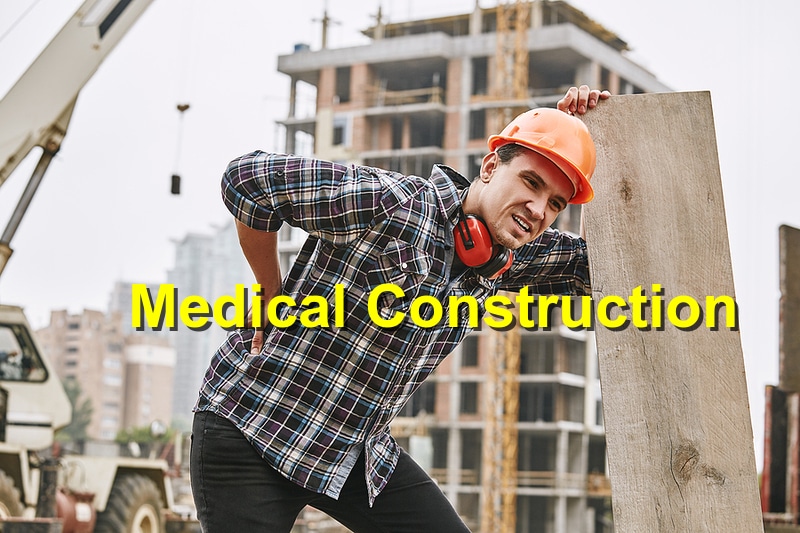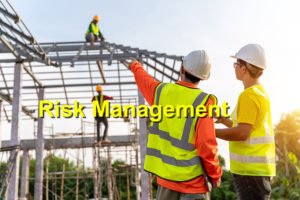Medical construction is unlike any other type of building project. From hospitals and clinics to specialized treatment centers, these facilities must meet rigorous standards for safety, efficiency, and patient care. Unlike residential or even many commercial projects, healthcare construction requires deep knowledge of medical regulations, specialized equipment, and the unique needs of patients and staff. In 2025, as healthcare continues to evolve, the importance of specialized expertise in medical construction is greater than ever.
1. Meeting Strict Regulatory Requirements
One of the biggest challenges in medical construction is compliance with regulations. Healthcare facilities must adhere to:
- Building codes specific to hospitals and clinics.
- Standards from organizations like the Joint Commission or local health authorities.
- Guidelines for infection control, accessibility, and emergency preparedness.
Failing to meet these standards can put patients at risk and result in costly project delays or penalties. Specialized expertise ensures compliance from day one.
2. Designing for Patient Safety and Comfort
Patient safety and comfort are at the heart of medical construction. This includes:
- Designing layouts that minimize infection risks with proper airflow and sanitation systems.
- Creating patient rooms that balance privacy, accessibility, and comfort.
- Ensuring emergency exits and pathways are clear and well-designed for rapid response.
Specialists in medical construction understand these needs and design with both patients and healthcare providers in mind.
3. Integrating Complex Technology
Modern medical facilities are equipped with advanced technologies like MRI machines, robotic surgery systems, and telehealth platforms. These require:
- Specialized electrical systems to support high-powered equipment.
- Shielded rooms to prevent radiation leaks.
- Seamless IT infrastructure for digital healthcare delivery.
Only contractors with medical expertise can successfully integrate these systems without compromising safety or efficiency.
4. Managing Infection Control During Construction
Unlike other industries, construction in active healthcare facilities often takes place while patient care continues. This means:
- Dust, debris, and noise must be carefully managed to avoid affecting patients.
- Contractors must follow infection prevention protocols, such as negative air pressure zones.
- Work must be done with minimal disruption to hospital operations.
Specialized contractors are trained to handle these challenges without compromising patient care.
5. Balancing Cost, Efficiency, and Innovation
Healthcare construction is a significant investment, but it must also balance affordability with innovation. Experts in this field help:
- Identify cost-saving opportunities without cutting corners on safety.
- Incorporate sustainable building practices, which are increasingly important in 2025.
- Deliver projects on time so healthcare providers can serve patients sooner.
This balance requires both technical expertise and industry-specific experience.
Conclusion
Medical construction is more than just building walls and installing equipment—it’s about creating environments where lives are saved and health is restored. Specialized knowledge ensures compliance with strict regulations, integration of advanced technologies, and protection of patients during the construction process. In 2025 and beyond, as healthcare demands grow, only construction professionals with the right expertise can deliver facilities that meet the highest standards of care.
References: AxisMedical, StoneBuilding




